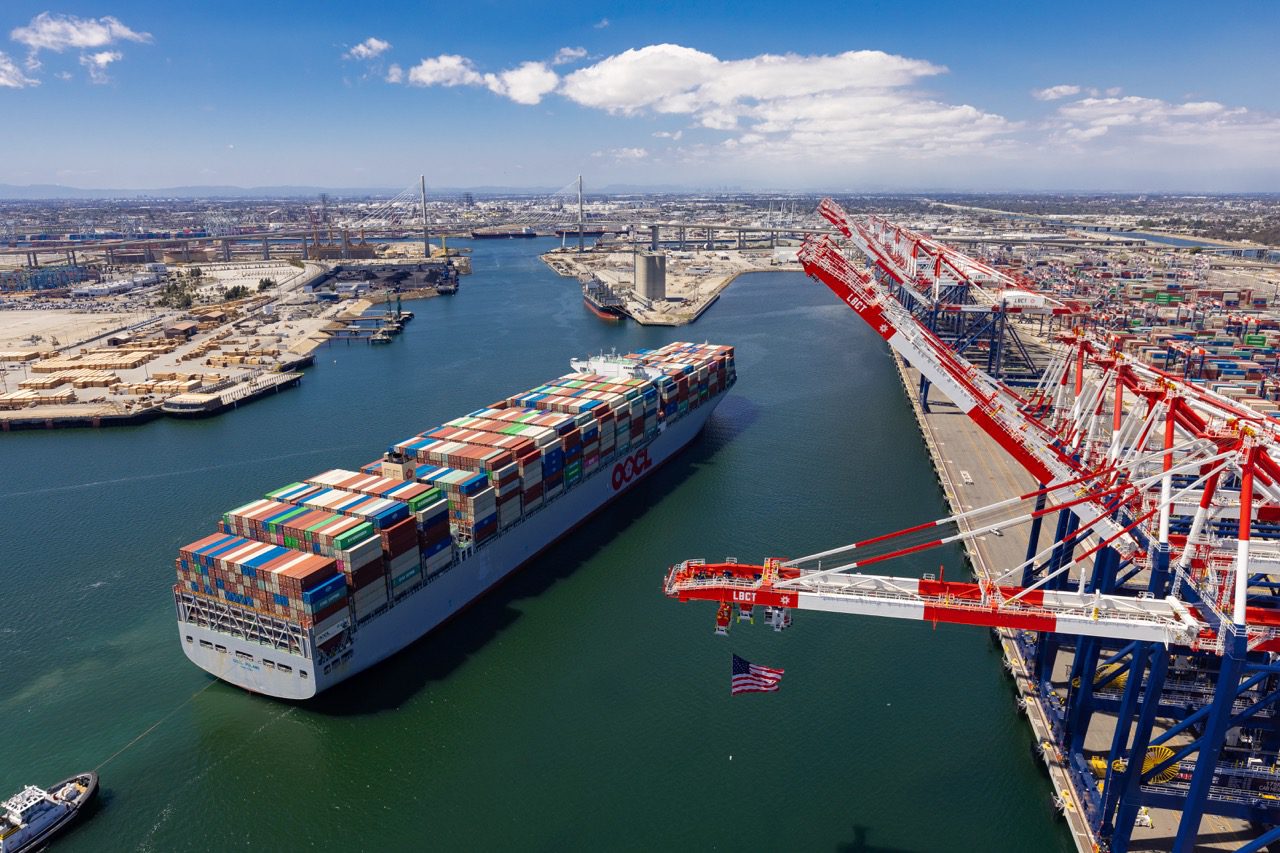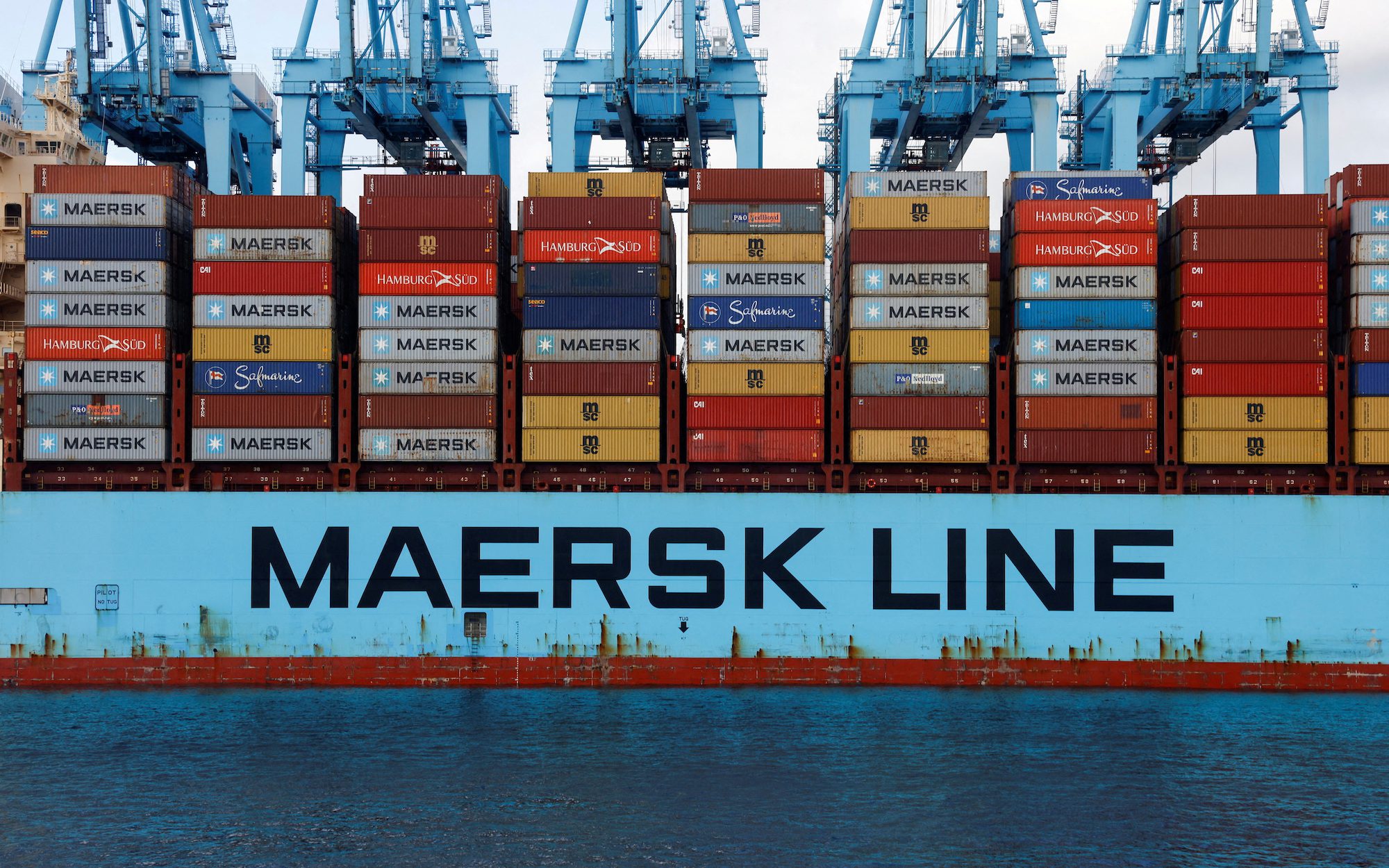German authorities have implemented a new measure requiring tankers traveling eastward through the Fehmarn Belt, in the western part of the Baltic Sea, to disclose their insurance coverage against oil pollution damage, adding to European efforts to counter the Russian shadow fleet.
The policy, which took effect on July 1, aims to address concerns about vessels that operate with questionable insurance and deliberately avoid reputable insurers and European ports.
Sweden joined Germany in launching the policy today as part of coordinated efforts to counter the Russian shadow fleet.
Federal Transport Minister Patrick Schnieder highlighted the importance of increased vigilance in the Baltic Sea, stating, “Ascertaining the insurance status through the transport control centres helps us fill another gap in our view of the situation. The more complete the picture, the sooner we can cooperate with our partner countries in the Baltic Sea region to take appropriate measures, perhaps even leading to inclusion on the list of sanctioned vessels.”
Federal Foreign Minister Johann Wadephul added that the policy would “further intensify the coordination with our friends and partners in the region” with the clear objective of increasing “pressure on the Russian shadow fleet and protect the Baltic Sea habitat.”
This initiative is part of broader European efforts to counter the Russian shadow fleet while enhancing maritime safety and environmental protection. The shadow fleet consists primarily of oil tankers, many of which are aging vessels employing unsafe practices to circumvent international sanctions.
Documents provided to transport control centers will undergo examination by the Ship Safety Division. Discrepancies may trigger Europe-wide monitoring, flag state interventions, and potentially result in vessels being added to sanctions lists if they meet specific criteria.

 Join The Club
Join The Club










